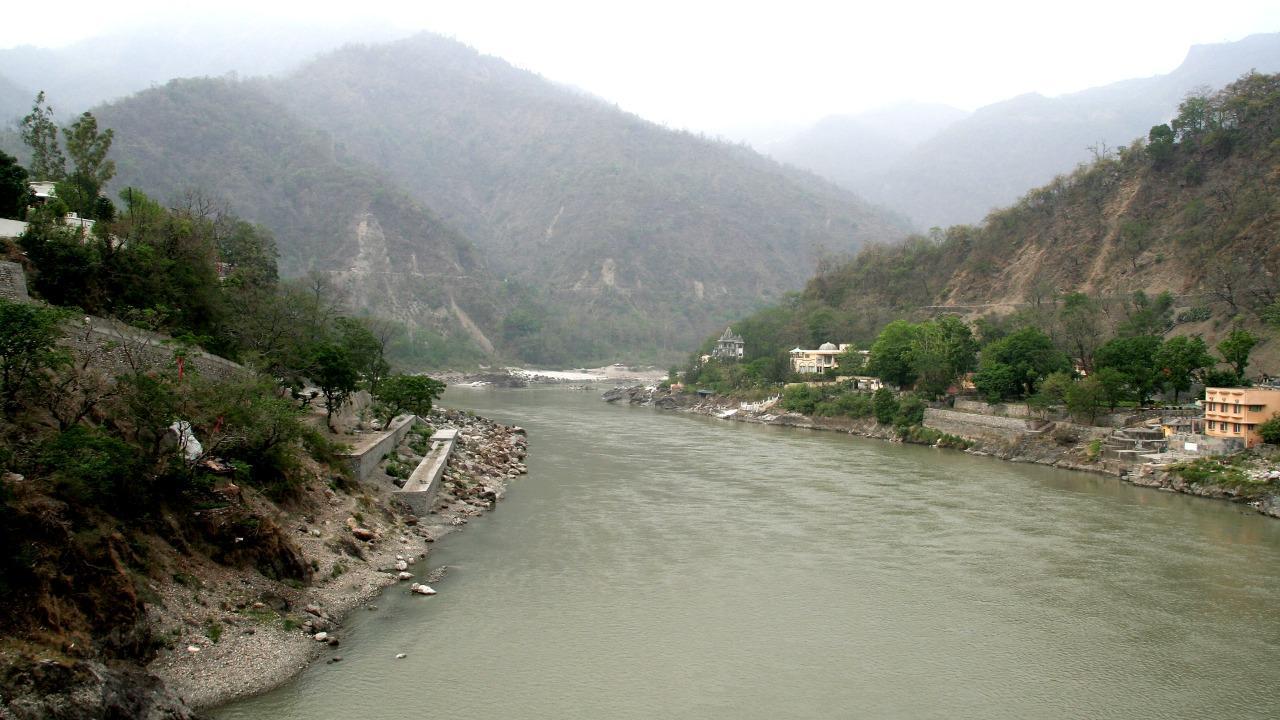The study, published in the journal Climate Change, shows even a modest temperature increase of 1.5 degrees Celsius will spell significant risks for parts of India, China, Ethiopia, Ghana, Brazil and Egypt

Image for representational purpose only. Photo: istock
River basins around the world, including in India, are vulnerable to increased flood danger from rising global temperatures, according to new research.
ADVERTISEMENT
The study from the University of East Anglia (UEA) shows even a modest temperature increase of 1.5 degrees Celsius will spell significant risks for parts of India, China, Ethiopia, Ghana, Brazil and Egypt.
The findings are published in the journal Climatic Change.
The team looked at fluvial flood risks for six global warming levels between 1.5 and 4 degrees Celsius by 2100.
The study examined six countries all considered to be vulnerable to climate change, selected from different continents, spanning different levels of development and ranging considerably in size.
Daily time series of precipitation, temperature and monthly potential evapotranspiration were generated by combining monthly observations, daily reanalysis data, and projected changes in the five CMIP5 (Coupled Model Intercomparison Project Phase 5, Global Climate Models).
These series were then used to drive the hydrological and hydrodynamic models to simulate river discharge and flood inundation.
"Our results indicate that return periods of one-in-100-year floods in the late 20th century are likely to decrease with warming, meaning an increased number of people will be exposed to flood risks, particularly with 4 degrees Celsius warming," said Dr Yi He, associate professor in UEA's School of Environmental Sciences.
"Exposure in the major river basin areas in the six countries increases significantly, ranging from a doubling in China to more than 50-fold in Egypt. Limiting warming to 1.5 degrees Celsius would decrease the risks, resulting in increases ranging from 12 per cent in China to around 13-fold in Egypt," he said.
A one-in-100-year flood event is defined as an event of a size that will be equalled or exceeded on average once every 100 years. That is, over a period of 1,000 years, a one-in-100-year event would expect to be equalled or exceeded ten times.
However, that doesn't mean such floods only occur at that frequency, and experts believe climate change is leading to more frequent large floods, the likes of which have struck parts of Britain, Germany, the United States, Australia and China in recent years, due to record-breaking or heavy, sustained rainfall.
With global warming heating the oceans and the atmosphere, the hydrological cycle intensifies. With the atmosphere holding more water as temperatures rise, researchers expect increasingly intense and sustained rainfall events.
This story has been sourced from a third party syndicated feed, agencies. Mid-day accepts no responsibility or liability for its dependability, trustworthiness, reliability and data of the text. Mid-day management/mid-day.com reserves the sole right to alter, delete or remove (without notice) the content in its absolute discretion for any reason whatsoever.
 Subscribe today by clicking the link and stay updated with the latest news!" Click here!
Subscribe today by clicking the link and stay updated with the latest news!" Click here!







